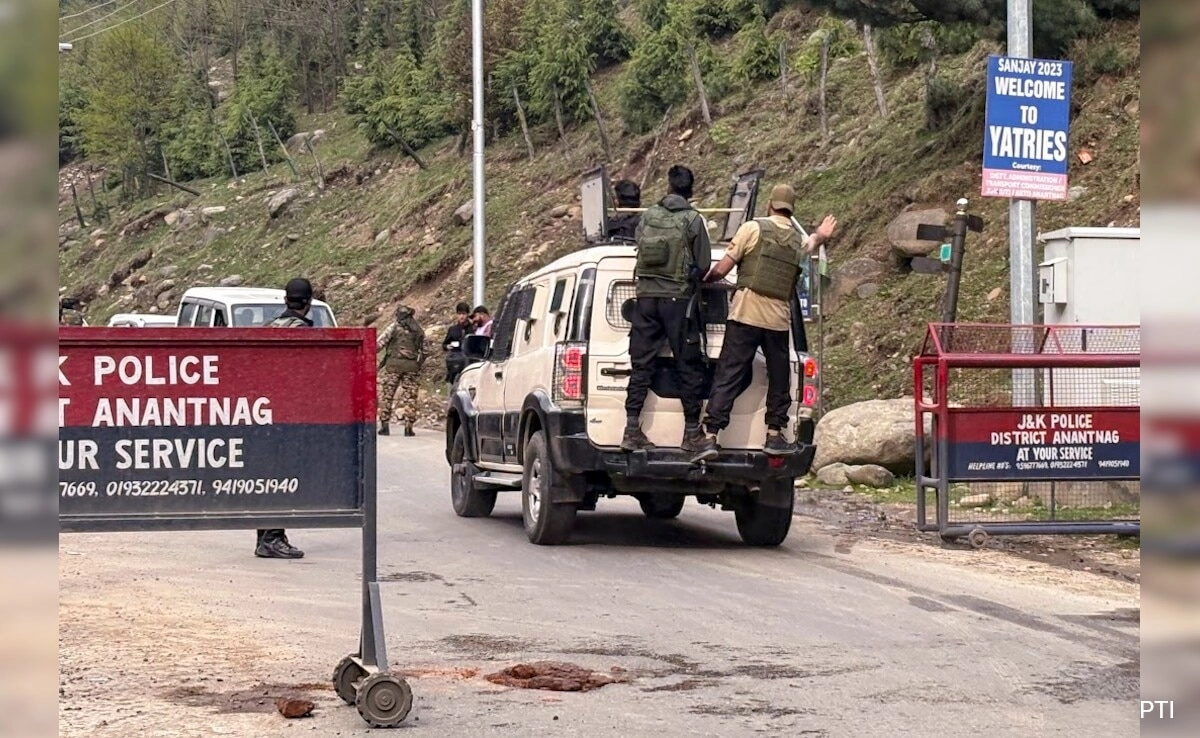In a significant development regarding the recent terror attack in Kashmir, Union Home Minister Amit Shah has arrived in Srinagar to assess the situation firsthand. His visit comes in the wake of a tragic incident that has left the region in a state of tension and mourning. The attack, which took place in an area known for its scenic beauty and cultural richness, has raised concerns over security and the underlying issues of militancy that have plagued the region for decades.
Amit Shah’s presence in Srinagar is not just symbolic; it underscores the central government’s commitment to addressing the security challenges in Jammu and Kashmir. Reports indicate that he may visit the site of the terror attack, a move that could potentially boost the morale of local security forces and the affected communities. By engaging directly with the ground realities, the Home Minister aims to gather insights that could aid in formulating a more robust strategy to combat terrorism and ensure the safety of civilians in the region.
The attack has sparked widespread outrage and condemnation, prompting political leaders and citizens alike to call for stronger measures against terrorism. The union government’s response will likely be scrutinized closely, as it navigates the complex landscape of security, politics, and public sentiment in Kashmir. As the situation unfolds, the emphasis will be on restoring peace and stability while addressing the root causes of unrest that have historically plagued this picturesque yet troubled region.
In the coming days, Amit Shah’s visit may lead to announcements regarding enhanced security protocols and initiatives aimed at fostering dialogue and reconciliation in Kashmir. The Home Minister’s engagement is seen as crucial for not only addressing immediate security concerns but also for paving the way toward long-term solutions that promote lasting peace and harmony in the region. The impact of his visit will be closely monitored, as it holds significant implications for the future of Kashmir and its people.




